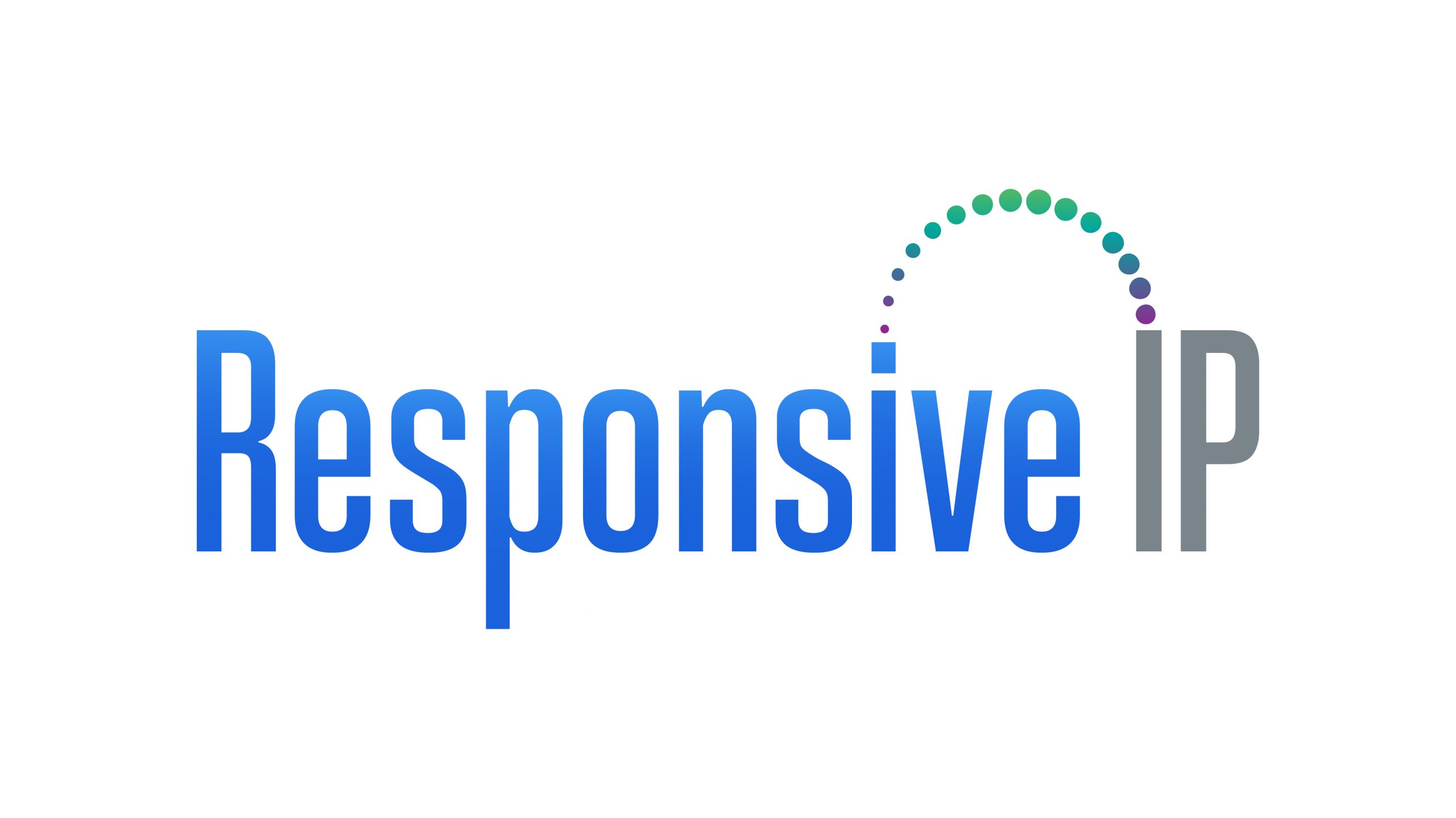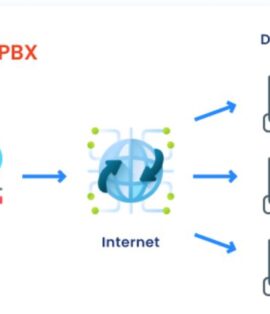
Did you know that over 70% of businesses are moving their customer service operations to the cloud? The rise of the cloud call center is transforming how companies connect with their customers, making support more flexible and cost-effective than ever before. In this article, we’ll break down exactly what a cloud-based call center is, how it works, and why it’s becoming essential for modern businesses. By the end, you’ll understand the benefits and key features of cloud contact centers, helping you decide if it’s the right solution for your organization.
What Is a Cloud Contact Center?
A cloud contact center is a modern customer service solution where all call management, routing, and analytics are delivered through the internet instead of on-premises hardware. Unlike traditional systems, a cloud call center empowers businesses to scale instantly, add new agents from any location, and integrate seamlessly with digital channels like chat, email, and social media.
How Does a Cloud Contact Center Work?
A cloud contact center transforms traditional customer service by hosting all communication tools, voice, chat, email, and even social media on the internet rather than on local hardware. This means your agents can connect with customers from anywhere, using just a browser and an internet connection. Cloud contact center software streamlines workflows, providing real-time analytics and seamless integration with CRM platforms to give agents the full picture of each customer’s journey.
Also Read: Unveiling the Magic of VoIP Service in Miami
Benefits of Cloud Contact Centers vs. Traditional On-Premise Contact Centers
- Cloud call centers are revolutionizing customer engagement by offering instant scalability and global reach features that traditional on-premise contact centers simply can’t match.
- With cloud contact center software, businesses can swiftly add or remove agents, deploy new features, and expand to new markets without heavy infrastructure costs or lengthy downtime.
- This agility empowers organizations to respond rapidly to seasonal fluctuations or unexpected surges in customer demand, giving them a significant competitive edge.
- Moreover, cloud contact center software fosters remote work and seamless collaboration.
- Agents and supervisors gain secure access from anywhere, enabling flexible schedules and a broader talent pool unbound by geography.
- Unlike on-premise systems, which require complex maintenance and upgrades, cloud solutions deliver automatic updates and robust security patches behind the scenes freeing IT teams to focus on innovation rather than troubleshooting.
- This shift not only reduces operational headaches but also ensures businesses always operate with the latest technology and compliance standards.
Cloud Contact Center vs. Cloud Call Center
- While a cloud call center is tailored primarily for voice interactions, a cloud contact center takes customer engagement several steps further.
- The modern cloud contact center integrates voice, email, chat, social media, and even SMS all within a single platform giving businesses the ability to meet customers on their channel of choice. This omnichannel approach isn’t just about convenience; it enables agents to have a 360-degree view of every customer journey, leading to more personalized and efficient service.
The lines between a cloud call center and a cloud contact center may seem blurred, but the difference lies in adaptability and future-readiness. As customer expectations evolve, organizations relying solely on cloud call center solutions risk missing opportunities to engage on emerging platforms.
In contrast, a cloud contact center empowers teams with advanced analytics, AI-driven workflows, and seamless integrations transforming every interaction into a strategic asset for long-term loyalty and growth.
Top 5 Cloud Contact Center Platforms in 2025
When evaluating the top cloud contact center platforms in 2025, innovation and AI-driven features take center stage. Genesys Cloud CX leads with its seamless omnichannel integration and advanced workforce engagement tools, enabling businesses to deliver personalized customer experiences at scale. NICE CXone stands out for its robust analytics and automation, allowing cloud call centers to anticipate customer needs and proactively resolve issues.
Talkdesk and Five9 are redefining agility in the cloud contact center space, offering intuitive interfaces and rapid deployment for organizations of all sizes. RingCentral Contact Center impresses with its scalability and deep CRM integrations, empowering teams to collaborate effortlessly while maintaining high service standards. In 2025, success isn’t just about migrating to the cloud, it’s about leveraging these platforms’ evolving AI capabilities to transform every customer interaction into a competitive advantage.
Final Words:
Cloud contact centers have transformed the way businesses interact with their customers by offering scalable, flexible, and cost-effective solutions. Leveraging cloud technology, organizations can now provide seamless support across multiple channels while ensuring business continuity and data security. The ease of integration with other business tools and the ability to access real-time analytics empower companies to deliver exceptional customer experiences.





